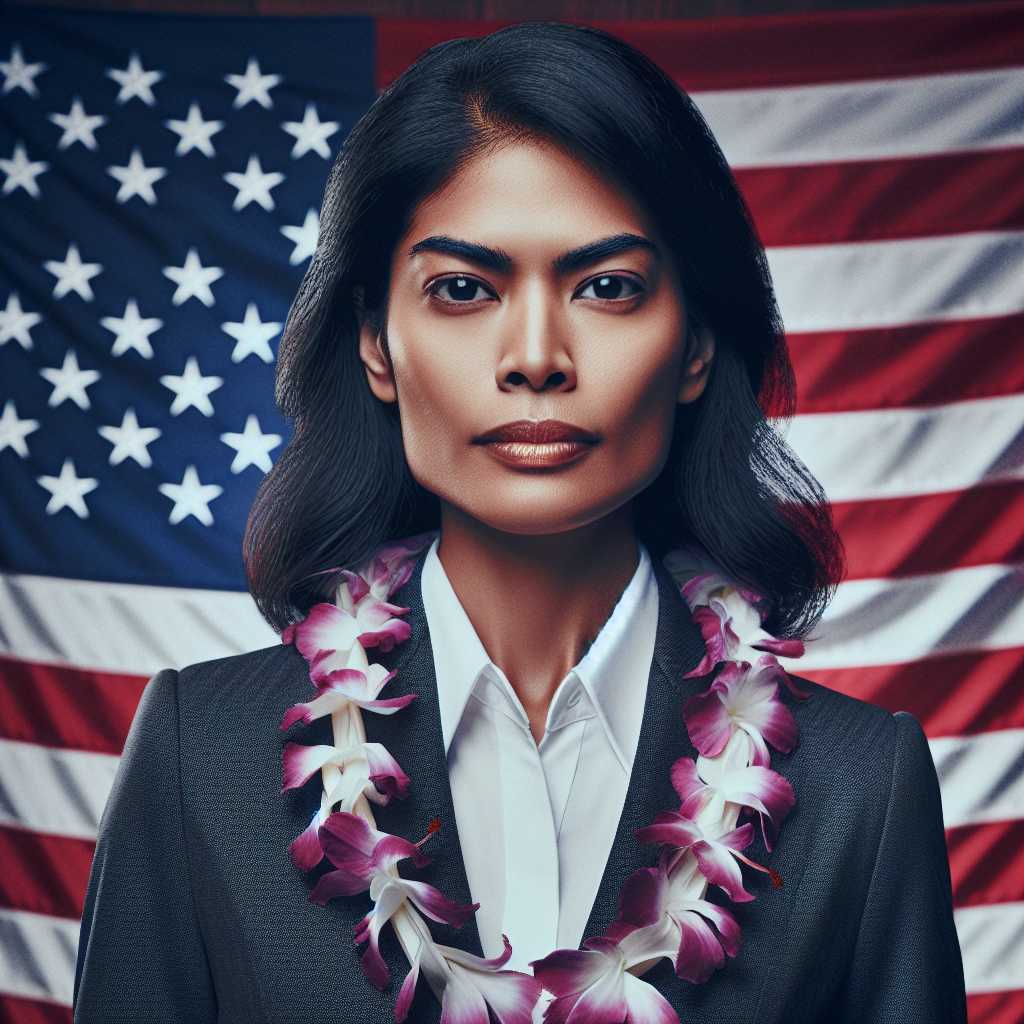The Political Journey of Tulsi Gabbard: An Overview
Tulsi Gabbard is a unique and polarizing figure in American politics. Her journey spans from military service to the House of Representatives, and includes unconventional stances that have both endeared her to and alienated her from different parts of the political spectrum. This article provides a comprehensive overview of Tulsi Gabbard’s career, her policy positions, influences, and the impact she has had on the political conversation in the United States.
Early Years and Military Service
Tulsi Gabbard was born on April 12, 1981, in Leloaloa, American Samoa. At a young age, she moved with her family to Hawaii. Her engagement with public service began early; she was elected to the Hawaii State Legislature in 2002 at the young age of 21. Prior to her electoral success, Gabbard joined the Hawaii Army National Guard in 2003 and subsequently volunteered to serve in the Iraq War. Her military experience has been a core part of her identity and is frequently referenced in her discussions about foreign policy and national security.
Political Rise to the House of Representatives
Gabbard’s early political career laid the foundation for what would become a rapid rise within the Democratic Party. After serving in the State Legislature and completing two tours abroad with the military, in 2013 she was elected to the U.S. House of Representatives, representing Hawaii’s 2nd congressional district. Her election was notable for several reasons, including her distinction as the first Samoan-American and one of the first female combat veterans elected to Congress. While in office, Gabbard served on diverse committees including Foreign Affairs and Armed Services, areas where her insights as a veteran were particularly poignant.
Platform and Policy Stances
Throughout her career, Gabbard has espoused progressive domestic policies while avowing noninterventionist foreign policies—a blend that has occasionally cut across traditional party lines.
Domestic Issues
Gabbard has consistently advocated for health care reform, championing universal health care and the need to address high prescription drug costs. On environmental issues, she has emphasized the urgency of addressing climate change and supported a Green New Deal. Her stances on criminal justice reform include ending private prisons and mandating body cameras for law enforcement offices nationwide.
Foreign Policy views
Perhaps most characteristic of her political profile have been her critiques of “regime change wars” and military intervention overall. She met with Syrian President Bashar al-Assad during his conflict with opposition forces, an action that became controversial within her own party circles due both to Assad’s alleged war crimes and concerns it could be interpreted as legitimizing his rule.
Presidential Bid
Gabbard made headlines when she announced her candidacy for president in the 2020 Democratic primaries. Running as an anti-establishment candidate critical of “perpetual war,” she positioned herself distinctly within a crowded field. Gabbard’s campaign received attention for her sharp criticism of candidates’ records on foreign policy during debates and increasingly grew centered around her stance against military interventionism.
After Congress: Political Evolution and Current Involvement
After serving four terms in Congress, Gabbard announced she would not seek re-election in 2020. Since leaving office, she has maintained an active presence on social media and through appearances on various news platforms—sometimes espousing views that align more closely with libertarian or moderate conservative ideologies than those associated with her former position within the Democratic Party.
Controversies and Criticisms
Throughout her career, Gabbard has been no stranger to controversy. From her past work with an anti-LGBTQ organization led by her father, which she later apologized for, to votes that appeared contrarian to mainstream Democratic positions such as voting “present” on the articles of impeachment against President Donald Trump, these events have contributed to making Gabbard a figure who cannot easily be categorized within traditional partisan frameworks.
Notes
Image description: A portrait of Tulsi Gabbard standing confidently with an American flag in the background. She is dressed in business attire—reflective of her role as a politician—and is wearing a lei traditional to Hawaiian culture around her neck, nodding to her unique cultural heritage and connection to Hawaii.
